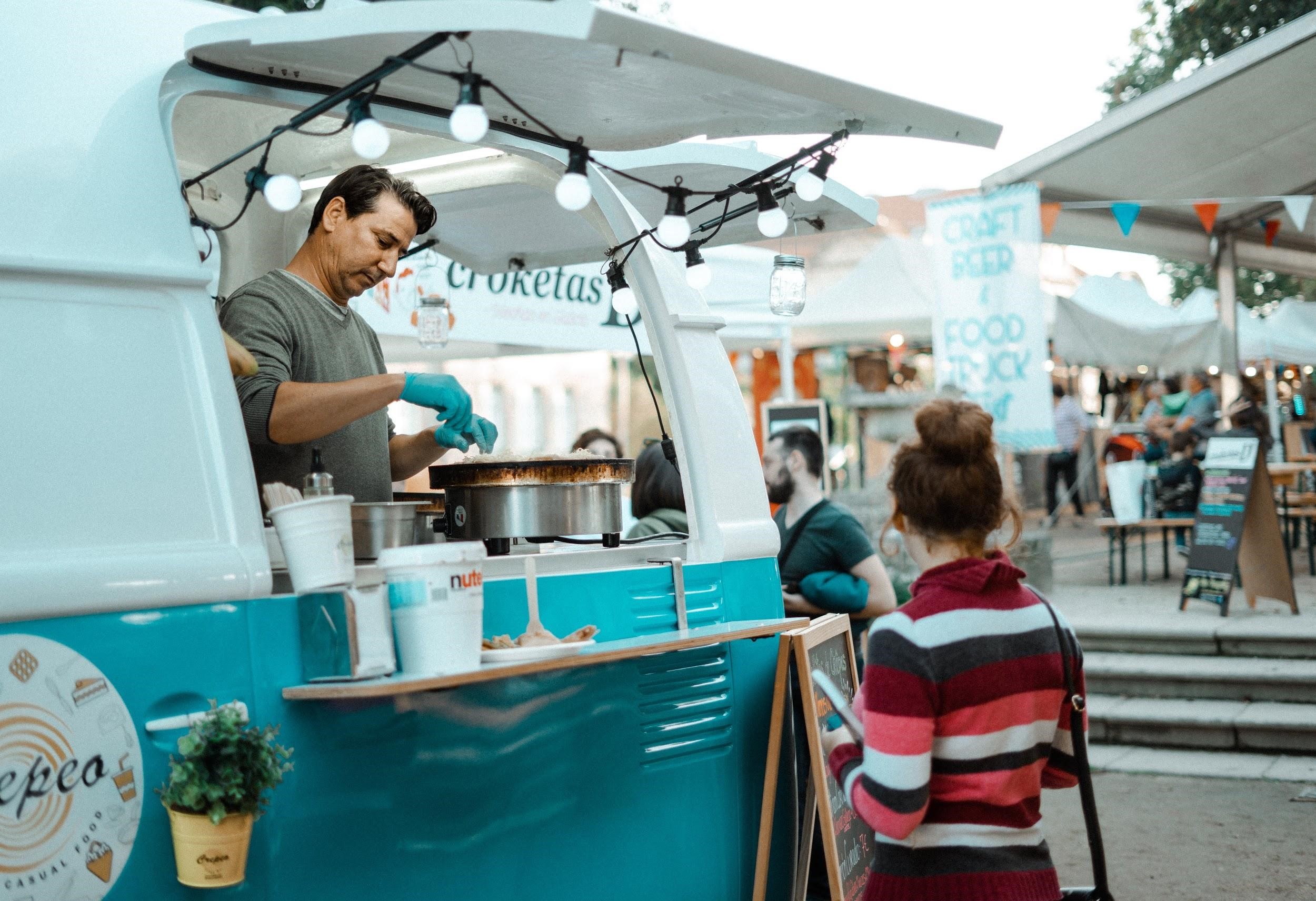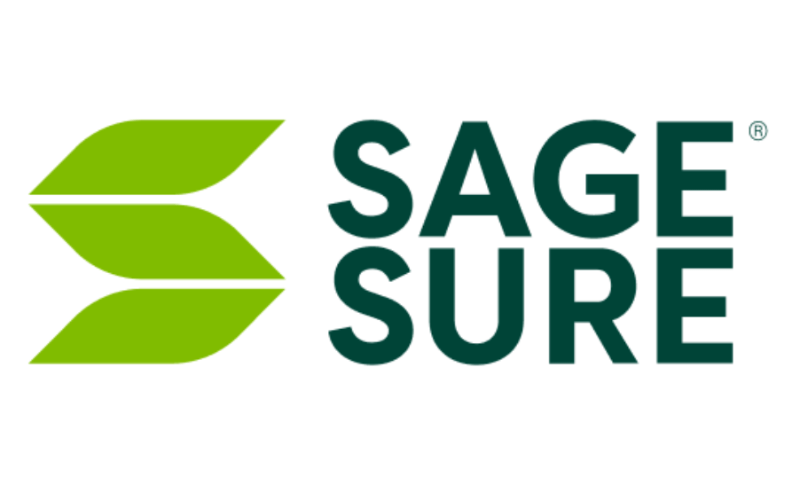
The food truck industry has grown into a $1.1 billion behemoth of an industry in 2020, according to IBIS.Recent research credits many factors to the rise of the food truck industry with one being that consumers love being able to obtain gourmet food options at a fraction of the price.This may sound enticing when thinking about starting an entrepreneurial food truck business; however, starting a successful business is much easier said than done.
Are you wondering what you need to do to start a successful food truck business? Start by creating a thorough business plan.Here are a few things that your food truck business plan must include: 1.Preliminary Food Truck Business Plan Research: Potential Competition & Locations Before you purchase your first truck, a lot of research needs to be done to make sure that you are making a good investment.
A great place to start would be to read the stories of other successful and inspirational businesses.Be sure to continually ask yourself, “What makes this business different or stand out from the rest?” and take notes.After that, it’s a good idea to begin researching potential competition and locations.
A few factors to consider: Do any competitors specialize in the same food offering?What city, location, or business district do you plan to operate in?What are the best and busiest times to serve?What is the competitive landscape in that area?Is there room in the market for more options?2.Funding & Finances It’s no secret that starting a business takes money.You will need access to funding and capital to acquire everything needed to start a food truck business.
You will need continuous access to cash flow to keep the business alive and well.Think about typical restaurant expenses and put them into two categories: Fixed costs: Truck loans, employee salaries/payroll, loan payments, license fees, insurance premiums, and more.Fixed costs are typically easier to plan for.Variable costs: Food costs, hourly wages/rates, utilities, gas prices and more.
Variable costs are harder to plan for accurately due to price fluctuations.A solid financial plan can make or break an entire food truck business.Learn more about financial planning for a business with these resources: ‘Independent Restaurants: How to Stand Out’‘Setting Smart Objectives’‘How to Read a Certificate of Insurance Form’3.Obtaining a Permit to Operate in Certain Locations Often prime spots to park and serve customers require a permit from municipalities to legally operate.
Depending on the municipality, state and services provided, you could be charged a percentage of your gross sales or a yearly fee, along with the license fee.For more information on which regulatory agencies you will need to visit, first visit your municipality’s website.In addition, the food truck permit requirements can also change from time to time—joining your local restaurant or food truck association is a great way to stay informed on the updates and how they’ll affect your business.
For more information visit the National Food Truck Association website or find a regional food truck association near you.4.Finding the Right Vehicle for Your Food Truck Business Finding the right vehicle for your business is one of the most important components in a food truck business plan.
Purchasing a food truck is a bit more complicated than going out and buying one off the lot.Most food trucks are customized and built-out to meet the unique needs of their new owner.The process of finding, designing, and purchasing a physical truck will take a lot of time and money—plan ahead for this.
More research will be needed to find the right person to help with the physical labor of gutting and refitting a food truck.5.Preparing for Health Inspections & Licenses In the restaurant industry, the age-old adage is “the only certain things in life are health inspections and taxes.” Which brings us to our next item for inclusion in a food truck business plan: preparing for inspections and necessary licenses.
Health inspections and regulations were designed to protect the public from food-related illnesses that can result if foods are not prepared properly.3 Types of Inspections to Prepare for Routine Inspections: Often unannounced, routine inspections look at all aspects of the food truck business to ensure compliance with regulations.Some items include employee handwashing, trash disposal, equipment checks, access to hot and cold water, fire safety controls, and much more.Complaint Inspections: This type of inspection occurs if a customer happens to get sick or file a complaint.
Remember that all eyes are on your food truck business and its employees.You can expect a thorough inspection if a complaint is received.Follow-up Inspections: Follow-up inspections typically happen after a violation or infraction has been committed.Oftentimes, health inspectors will give a business an allotted amount of time to correct an error.
You can count on them returning to make sure corrections have been made.6.Food Truck Business Marketing Plan Like any business, your food truck will need to attract customers.A thorough marketing plan will be necessary to make sure people know you exist! As your brand begins to grow you will need to remain fluid and flexible in your marketing efforts.
Consider using social media accounts, physical signs, and even consider the graphic design of your truck in the marketing plan.Consumers are increasingly using Google and other customer review platforms to decide where to eat.Investing in local search engine optimization (SEO) could make a huge difference in the popularity of your business.
Read, ‘8 Tips: How to Advertise Your Restaurant Business’.7.Pricing Plan & Menu Options Be sure to include detailed pricing and a menu plan in your food truck business plan.
One of the variable costs that will affect your profitability will be food costs.It’s important to keep close tabs on money spent and money earned.Consider buying items in bulk and find a balance between affordable ingredients and ones that are fresh.
Customers typically expect a consistent experience when visiting a restaurant, even a food truck, and pricing is included in this expectation.Except for a few items, a major goal should be to provide consistent pricing to consumers.Insuring Restaurants for over 100 years Society Insurance offers business insurance including restaurant and bar insurance.
Your business is unique, your insurance should be too.To learn more about how Society Insurance can help your food truck business, consult with a Society agent in your area.Share this post:FacebookTwitterLinkedinemail
Publisher: Society Insurance








